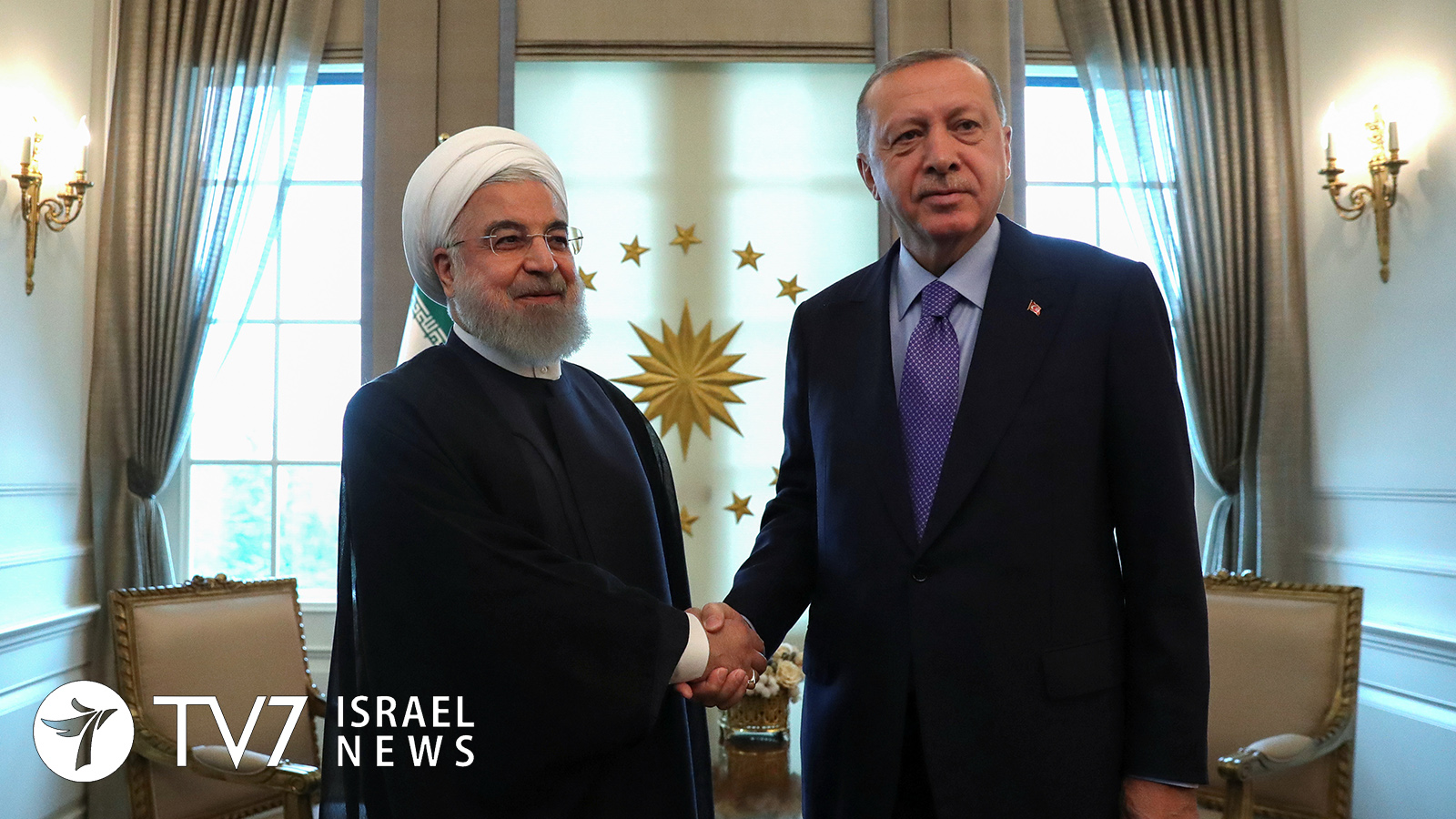Turkish President Recep Tayyip Erdogan held an extensive meeting with his Iranian counterpart Hassan Rouhani, during which both leaders reiterated their intentions to strengthen cooperation in the Muslim world.
The meeting between the Turkish and Iranian heads of state came on the sidelines of an Islamic Summit, which aimed to tackle issues that have agitated Muslims worldwide. Among the main topics were Tehran and Ankara’s calls to establish a transport insurance mechanism and a payment system separate from the Western one.
Speaking at the four-day summit – which most notably excluded the leaders of Saudi Arabia and Pakistan – the Islamic Republic of Iran and Turkey promoted the ending of economic dependency on global powers, specifically the United States and European Union, consequently allowing the Muslim world to advance its own Islamic aspirations without the need for Western accountability.
Iranian President Hassan Rouhani argued that “Financial and banking cooperation are insurance. We understand that today, many of our economic transactions are dependent on foreign insurance, insurance from big countries, although we as Muslim countries are powerful. By investing in each other if we are able to set up an insurance, particularly in the field of transport and transit, so that we may save ourselves from dependency.”
According to his Turkish counterpart, Recep Tayyip Erdogan, “We have been consistently saying that we need to free bilateral trade from foreign exchange pressure. We have been stressing the importance of national currency instead of foreign currency. The lack of having our own payment system is making financial market more fragile to shocks and manipulations.”
It is important to note that numerous Western sanctions have been placed on both Iran and Turkey separately over their regimes’ malign activities. With additional punitive measures looming against both countries over their defiance of Western policies and international agreements, the countries have started promoting an alternative economic system, which would end their reliance on the predominately Western-controlled global-market.
